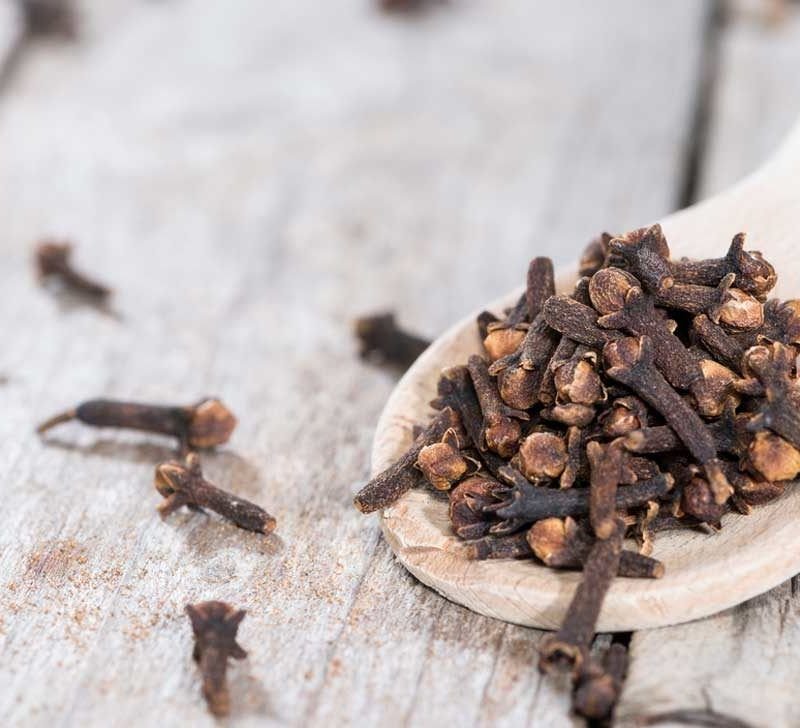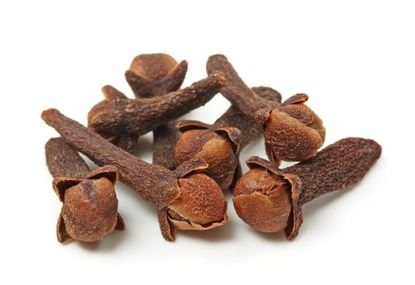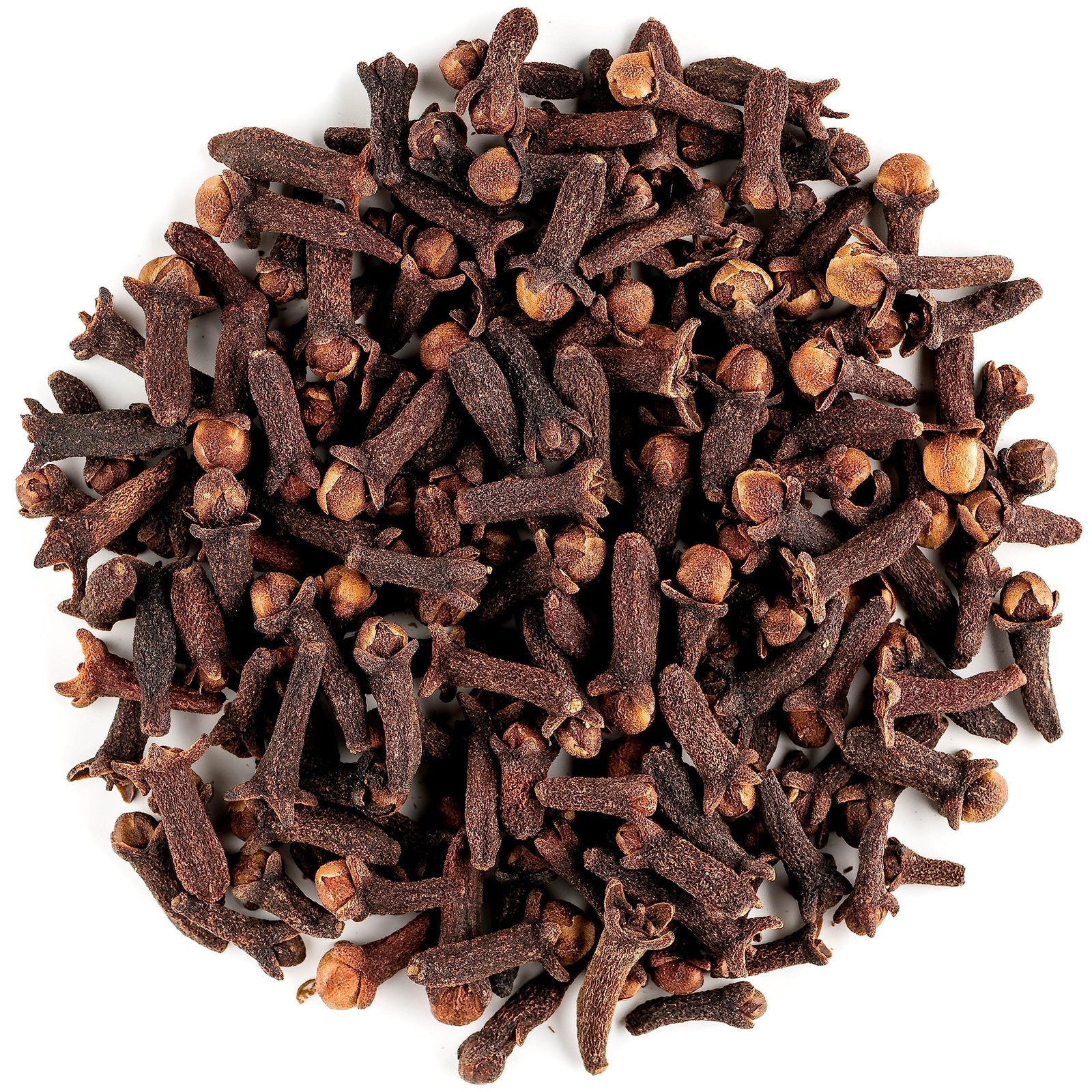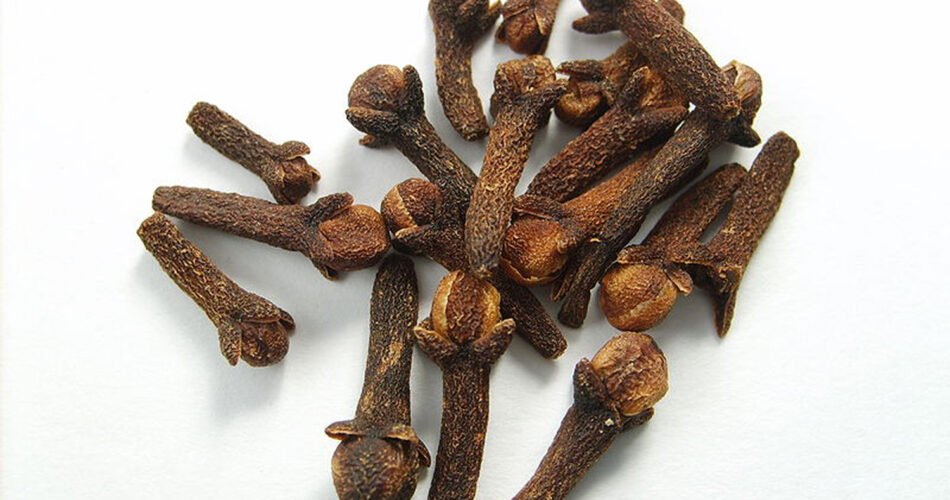When I think of spices that bring character to a dish, my mind often wanders to one question in particular: “What do cloves taste like?” The flavor of this spice is unmistakably pungent, both spicy and sweet, yet curiously warming. Have you ever been curious about it? Let me dive into the details so you can fully understand the complexity of this remarkable spice.
What Are Cloves?
Cloves are tiny, aromatic flower buds of the evergreen tree known scientifically as Syzygium aromaticum. Originating from the Molucca Islands, also known as the Spice Islands of Indonesia, cloves quickly became prized for their intense fragrance and were traded widely throughout the ancient world. Historically, they’ve played a crucial role in global trade, with their allure reaching from Southeast Asia to Europe and beyond. In their purest form, cloves consist of the dried buds, with that signature spike-like appearance that makes them easily recognizable. Commonly used in both savory and sweet dishes, they can be found in whole or ground form.
What Do Cloves Taste Like? The Answer
In my experience, the taste of cloves can be described as vibrantly aromatic with a complex mix of sweetness and bitterness, accompanied by a distinct warmth that lingers on the palate. They have a pungent, almost peppery flavor that can easily dominate other spices if not used judiciously. It’s this strong, almost medicinal flavor, intensified by hints of camphor and eugenol, which gives cloves their potent taste.
Many people wonder what cloves taste like because their aroma is deeply pervasive and suggestive of several culinary traditions—from the spicy richness of Indian masalas to the inviting warmth of European holiday pastries. Their distinctive flavor, though beloved, can sometimes be puzzling, especially for those who are not accustomed to using them in cooking or tea blends.

Variations in Taste of Cloves
Depending on where they are grown, the taste of cloves can exhibit subtle differences. In some regions, the soil and climate conditions may produce a somewhat sharper or more robust flavor, while in others, the spices might taste milder. As with wine, the terroir has a significant influence on the taste of this spice. The soil composition, rainfall patterns, and other regional characteristics all contribute to the final flavor profile of the cloves you savor. For more information on this, you may want to read up on the terroir from FAO.
The seasonal aspect of harvesting cloves also contributes to their varying flavors. When picked at the optimum time, usually just before the flower buds open, they are said to have the finest quality and taste. Here are some LSI keywords associated with cloves that also help in understanding their intricate flavor: “spicy,” “warm,” “aromatic,” “sweet,” and “bitter.”
Specific varieties of cloves might carry unique taste profiles. Here are some of them:
- Zanzibar cloves: Often viewed as the highest quality, these boast a strong, spicy flavor.
- Madagascar cloves: They tend to be milder than Zanzibar cloves but still rich in flavor.
- Indonesian cloves: Typically sweet and fruity, with a less pronounced harshness.
Nutritional Benefits of Cloves & Impact on Taste
Not only do cloves tantalize the taste buds, but they’re also packed with a host of nutrients and health benefits. They are rich in antioxidants, provide antibacterial properties, help regulate blood sugar, and even improve liver health. To read more about the extensive benefits, you can check out this source at NCBI.
Some argue that the knowledge of the health aspects of cloves might actually influence perceptions of taste. When I know something is benefiting my body, I am more likely to enjoy it and perhaps perceive it as tasting better. The fact that cloves can be a healthful addition to many dishes certainly enhances their appeal for me.

Cloves in Culinary Uses
Cloves are incredibly diverse in culinary applications. In my kitchen, they are a staple in spice blends like the Indian garam masala or the Middle Eastern baharat. You can also find them imparting their deep flavors into mulled wines, teas, and seasonal treats. LSI keywords associated with cloves in the kitchen might include “mulled,” “spiced,” “rich,” “seasonal,” and “aromatic.”
Their flavor complements a myriad of other ingredients, often rounding out the spice profile in complex dishes. Take, for example, the traditional Dutch speculaas cookies; the addition of cloves in the spice mix alongside cinnamon, nutmeg, and ginger creates a delightful harmony of flavors. The LSI keywords that this evokes are “harmonious,” “spice mix,” and “traditional.”
Acquiring and Preparing Cloves
Finding cloves is rather straightforward; they are readily available in the spice aisle of most grocery stores. Look for whole cloves with a rich, dark brown color and a strong aroma, as these are usually fresher. If you’re opting for ground cloves, ensure that they’re from a reputable brand to guarantee the best flavor. Some LSI keywords for purchasing cloves include “aromatic,” “whole spice,” “ground,” “fresh,” and “grocery.”
Pairing Cloves with Other Flavors
When integrating cloves into dishes, considering their potency is crucial. They pair exceptionally well with sweet and savory dishes alike when used judiciously. Here are some suggestions for food and flavor pairings:
- Pair with cinnamon and nutmeg in sweet pies and pastries
- Complement meat stews and marinades, especially with beef and pork
- Balance well with citrus fruits in desserts and drinks
- Enhance the flavors of winter squash and root vegetables

Recipe: Simple Clove-Infused Tea
Now, let’s put cloves to the test with an easy recipe. This soothing tea is both flavorful and therapeutic.
- Ingredients:
- 1 cup of water
- 1 teaspoon of whole cloves
- Honey or sugar to taste
- Instructions:
- Bring the water to a boil in a small saucepan.
- Add the whole cloves and simmer for about 5-10 minutes.
- Strain the cloves out and sweeten the tea with honey or sugar if desired.
- Enjoy the warm, comforting flavors.
Final Words
In conclusion, when I ponder the question, “What do cloves taste like?” I’m reminded of their complex nature, a symphony of spicy, sweet, and warming notes that can take a dish from ordinary to extraordinary. Cloves are unquestionably powerful, so a little goes a long way. Whether you’re experimenting with them in the kitchen or enjoying their health benefits, their distinctive flavor is a culinary journey worth exploring. Next time you encounter cloves, cherish their unique taste and the depth they add to your cooking.

